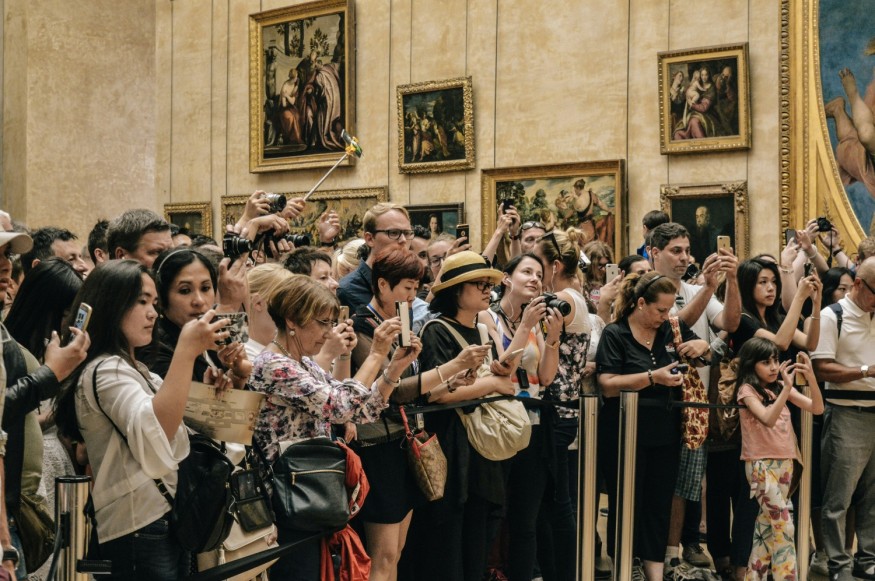Mati Diop's 'Dahomey' Sheds Light on France's Return of African Artifacts

In a groundbreaking moment for cultural restitution, Mati Diop, the renowned French-Senegalese filmmaker, sheds light on the profound implications of France's first major return of looted African treasures to their countries of origin. Through her documentary "Dahomey," which premiered at the Berlin Film Festival, Diop chronicles the emotional journey of 26 artifacts looted from the royal palace of the kingdom of Dahomey, now part of modern-day Benin, in 1890.
A Symbolic Gesture Amidst Lingering Inadequacy
The return of these treasures from the Musée du Quai Branly in Paris, announced by French President Emmanuel Macron three years prior, marked a historic milestone in the quest for justice in cultural heritage. However, Diop's documentary unveils a lingering sense of inadequacy and humiliation due to the paltry number of items returned compared to the vast trove still held in European museums.
Diop's film captures the jubilant celebrations as the artifacts arrive in Benin's economic capital, Cotonou, yet delves into the poignant reflections of young people grappling with the significance of this moment. Despite the symbolic gesture, one student's poignant remark encapsulates the prevailing sentiment: "Restituting 26 works out of 7,000 is an insult."
The Urgency for Full Restitution
With the largest Benin artifacts collection held in France by the Musée du Quai Branly, amounting to the astonishing sum of 3,157 other objects, with countless others to be scattered across smaller museums and private collections, the necessity for full restitution becomes glaringly evident. The artist underlines that in addition to the political agendas, this issue requires a multi-faceted approach and, most importantly, the involvement of the artists, movie-makers, and students.
"Dahomey" chronicles the physical transfer of these treasures and catalyzes broader societal introspection. The film sparks a national dialogue about Benin's cultural heritage and identity, challenging prevailing narratives that diminish the significance of African art and history.
Despite recent setbacks in legislative progress, with a law enabling further restitution currently stalled in the French parliament, historians like Bénédicte Savoy remain optimistic about the inevitability of restitution. Savoy notes that it is not a question of if but when these treasures will be returned to their rightful homes.
This documentary, directed by Diop, is a testimony to the power that national identity and collective memory linked with cultural heritage involve. Reconnecting with this stolen heritage gives the people of Benin strength and resilience to return to a history that has been forcibly stolen from them to re-create a future that includes them. In "Dahomey," Diop particularly stresses how there is a moral call on France and other former colonial powers to come out clean about their colonial histories and start taking appropriate steps in the direction of reparation and reconciliation.
From Digital Models to 3D-Printed Homes: Jaspreet Kaur Lall Explains How the Innovation Changes the Construction Industry

Future Belongs to Green Construction: Sampath Kumar Paspunoori Explains One of the Key Trends in the Construction Industry

Kamala Harris' Campaign Ad Uses Iconic Visuals from Carrie Mae Weems to Connect with Voters

Historic Ancient Roman Ruins in Baalbek Remain Strong After Israeli Air Strikes; Locals Seek Cultural Protection

4 Ways to Honor Departed Loved Ones in Your Home Design














